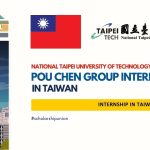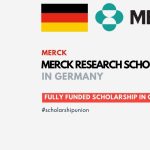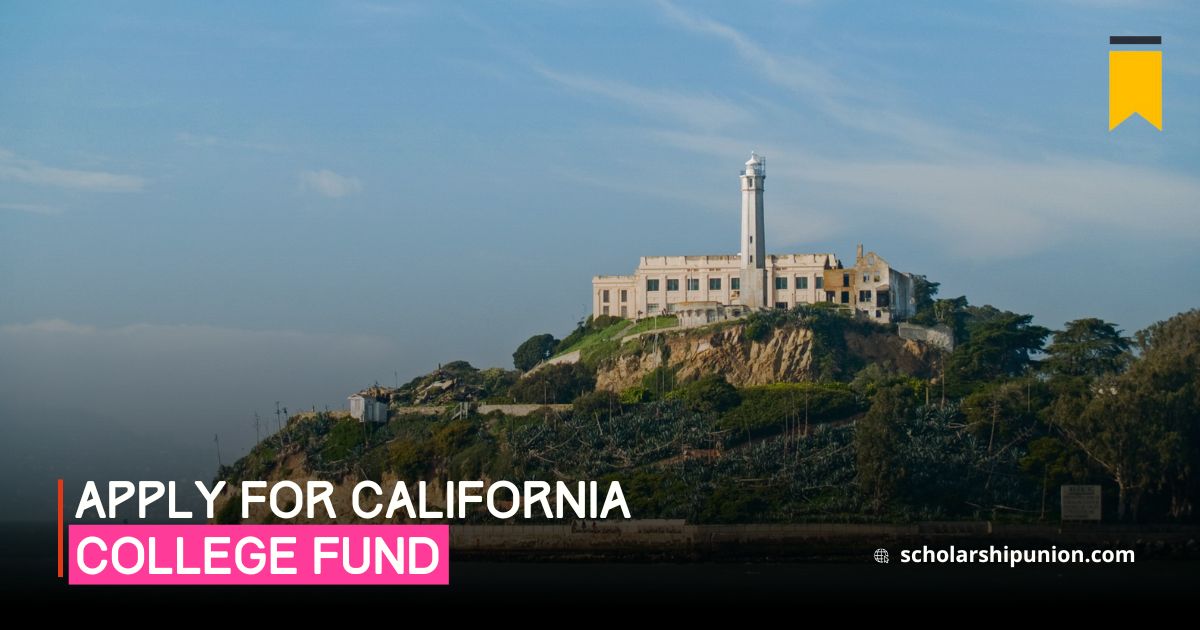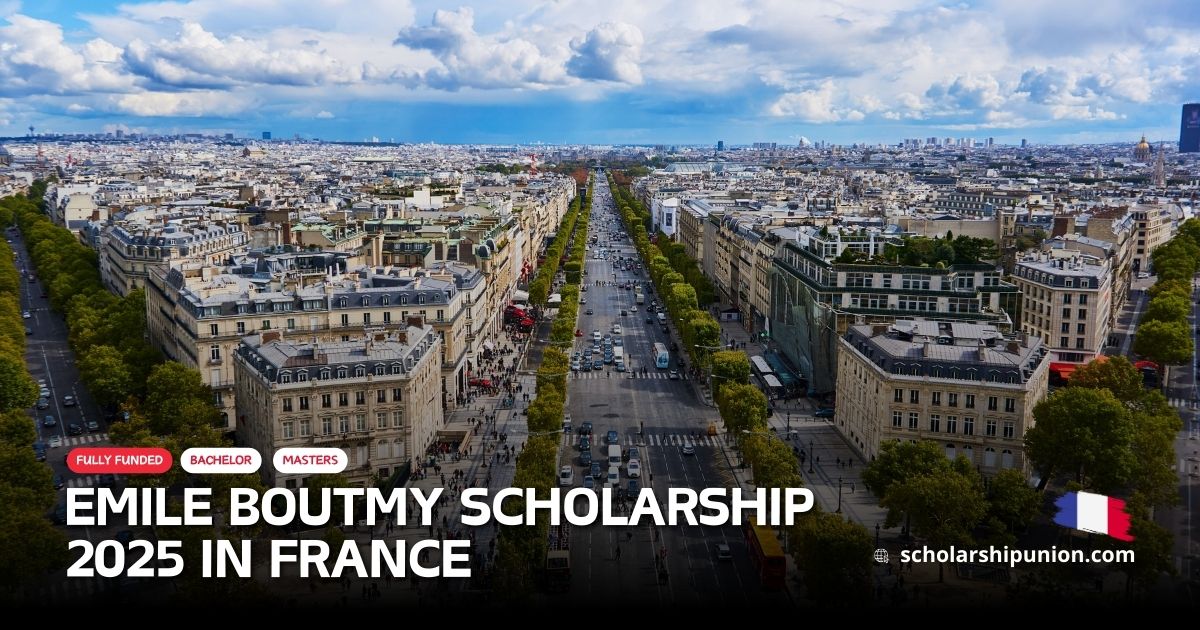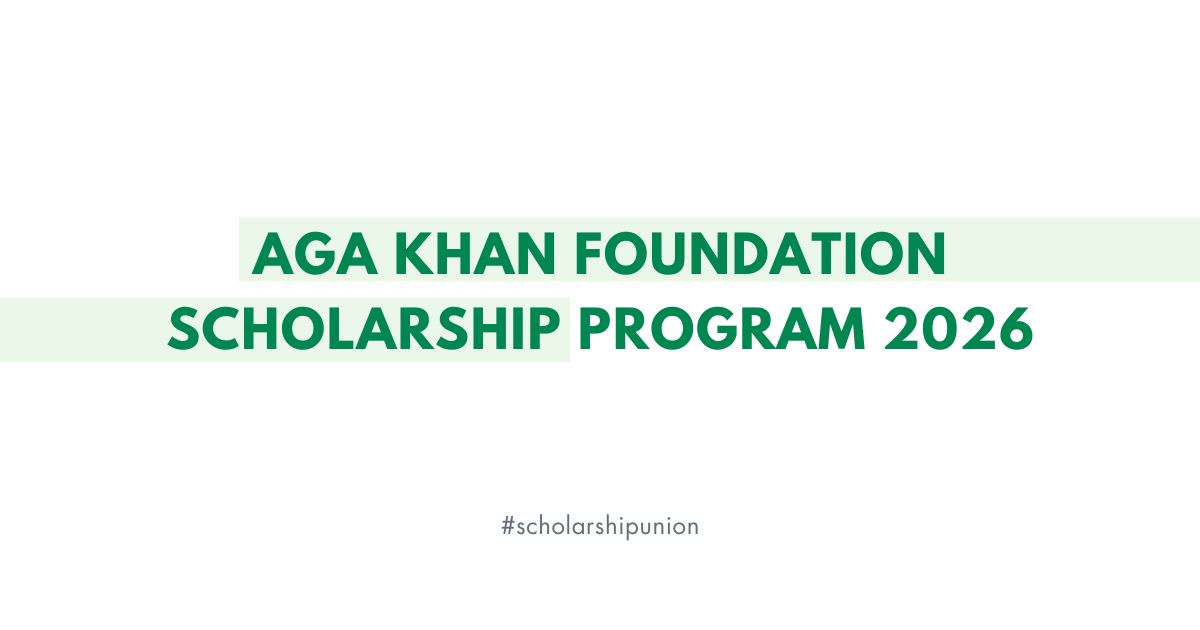Imperial College London EEE PhD Scholarship 2025 is a fully funded opportunity for students aiming to pursue a doctoral degree in Electrical and Electronic Engineering. Open to applicants of all nationalities, this prestigious scholarship covers full tuition fees along with additional financial support, making it an excellent choice for high-achieving students in the EEE field. With cutting-edge research facilities and a world-renowned faculty, Imperial College offers a dynamic environment for PhD candidates to explore advanced topics in areas like power systems, signal processing, robotics, and communications.
The EEE PhD Scholarship 2025 is designed to attract top-tier talent from around the world, providing a gateway to academic and professional excellence in one of the UK’s leading research institutions. The deadline to apply is August 20, 2025, so interested candidates should prepare their applications early. If you’re passionate about pushing the boundaries of innovation in electrical and electronic engineering, this is your chance to join a globally recognized program and contribute to impactful research that shapes the future.
Scholarship Summary
- Country: UK
- Host: Imperial College London
- Study Level: PhD
- Deadline: 20 August 2025
Benefits of Imperial College London EEE PhD Scholarship 2025
Successful applicants for the Electrical and Electronic Engineering Ph.D. Scholarship, will receive the following benefits-
- Home/Overseas tuition fees for 3 years
- Bursary (at UKRI rate + London allowance of GBP 2,000 for 3.5 years)
- Total allowance of GBP 700 towards conferences and travel
Eligibility criteria
- Applicants from all nationalities are eligible.
- Applicants must have obtained (or be heading for) a First Class Honours degree at the Master’s level (or equivalent in electrical engineering, another branch of engineering, or a related science).
- Applicants must demonstrate good academic achievements.
How to apply for Imperial College London EEE PhD Scholarship 2025
- Apply online through Imperial College’s Postgraduate Admissions system.
- Indicate in your application that you are seeking funding/scholarship support.
- Explore funding options such as President’s PhD Scholarships, Departmental Scholarships, or EPSRC DTP and make sure your application aligns with their deadlines.
- Submit all required documents: CV, academic transcripts, personal statement, and references.
- Reach out directly to potential supervisors to express your research interests and secure support.
Frequently Asked Questions (FAQs)
This summary highlights the EEE PhD Scholarship 2025: departmental funding via supervisor nomination, flexible award types including research and travel support, eligibility for new PhD offers, Australia’s Maria Petrou scholarship for women, and competitive criteria such as strong academics, research experience and early application timing.
What is the EEE PhD scholarship 2025?
The EEE PhD scholarship 2025 is a competitive departmental funding scheme where supervisors nominate their strongest applicants and an Awards Panel makes decisions. It’s reserved for newly offered PhD candidates in Electrical & Electronic Engineering at the college.
Who can be considered for this scholarship?
Eligibility is limited to new PhD applicants only. Supervisors nominate top candidates, and current students aren’t considered—except for those in their first year under the Imperial‑CSC scheme, which allows limited exceptions if nominated correctly.
What does the EEE PhD scholarship cover?
This funding can take various forms: full coverage, partial scholarship or top‑up support for other schemes. It may include fees, living stipend, and up to £1,500 for conferences and travel, used flexibly based on each student’s needs.
How does nomination work?
After receiving a PhD offer, a supervisor may nominate you for departmental funding. Nominations go to the department Awards Panel, which meets several times a year—around end of Nov, Jan, Mar, and Jun—to make the final funding decisions.
What makes an applicant competitive?
Strong applicants often have a first‑class master’s degree, top cohort ranking, academic prizes, research placements, publications or evidence of research quality, and a compelling research statement and interview performance.
Does the scholarship cover visa or health surcharge fees?
No, the departmental scholarship does not cover UK Student Visa or Immigration Health Surcharge (IHS) costs. Recipients are responsible for those fees separately despite being awarded funding for other expenses.
Can overseas students be considered?
Yes, applicants of any nationality can be nominated. The only exception is the CSC‑Imperial scheme which also allows current first‑year students. Otherwise, nominations focus solely on new offer‑holders regardless of nationality.
⚠️ Disclaimer
Scholarship Union shares publicly available scholarship opportunities for informational purposes only. We are not affiliated with or endorsed by any listed institution unless clearly stated.
Listings may come from public sources or user submissions. We do not guarantee their accuracy, completeness, or availability.
To report issues or request updates, please contact us here.
Discover more from Scholarship Union
Subscribe to get the latest posts sent to your email.



